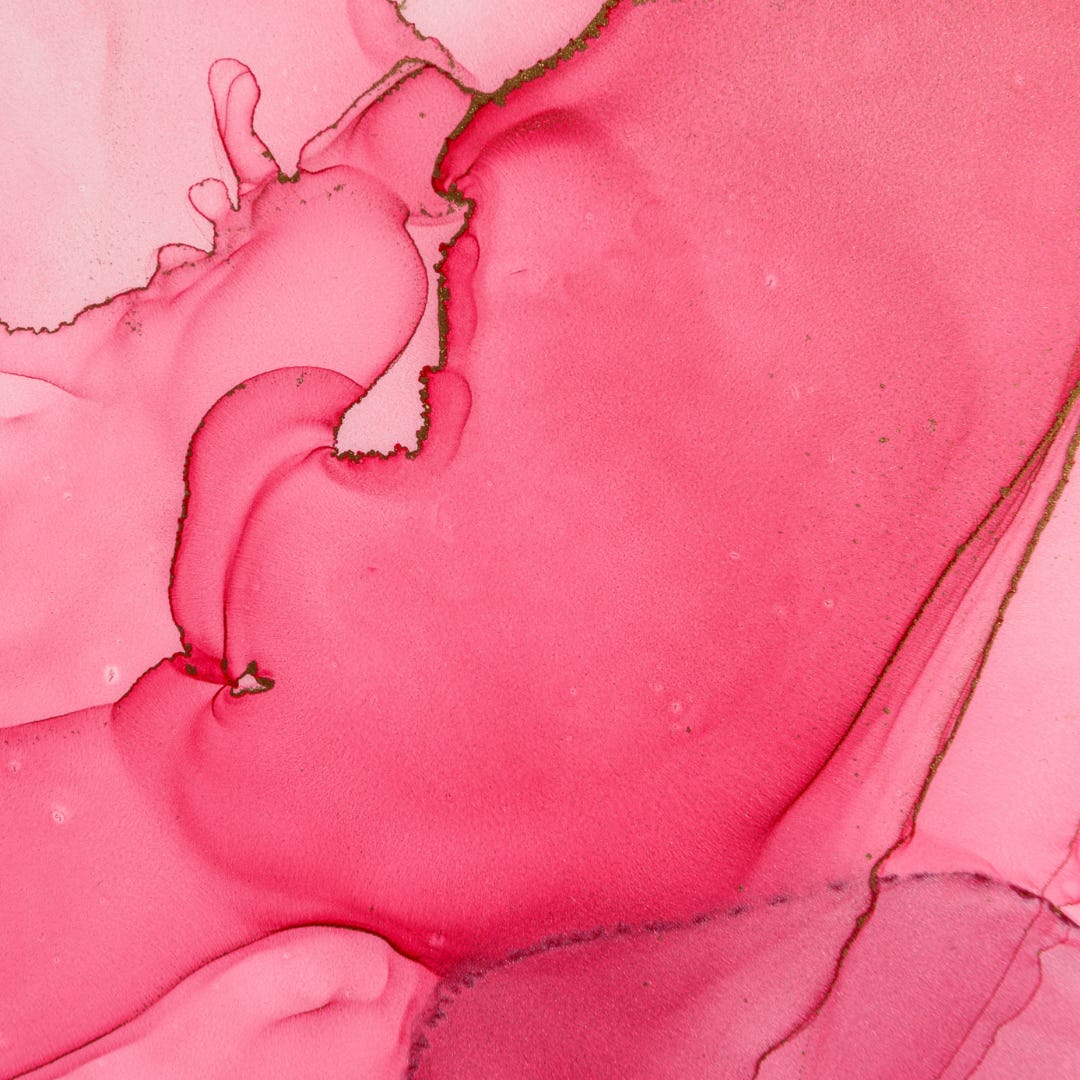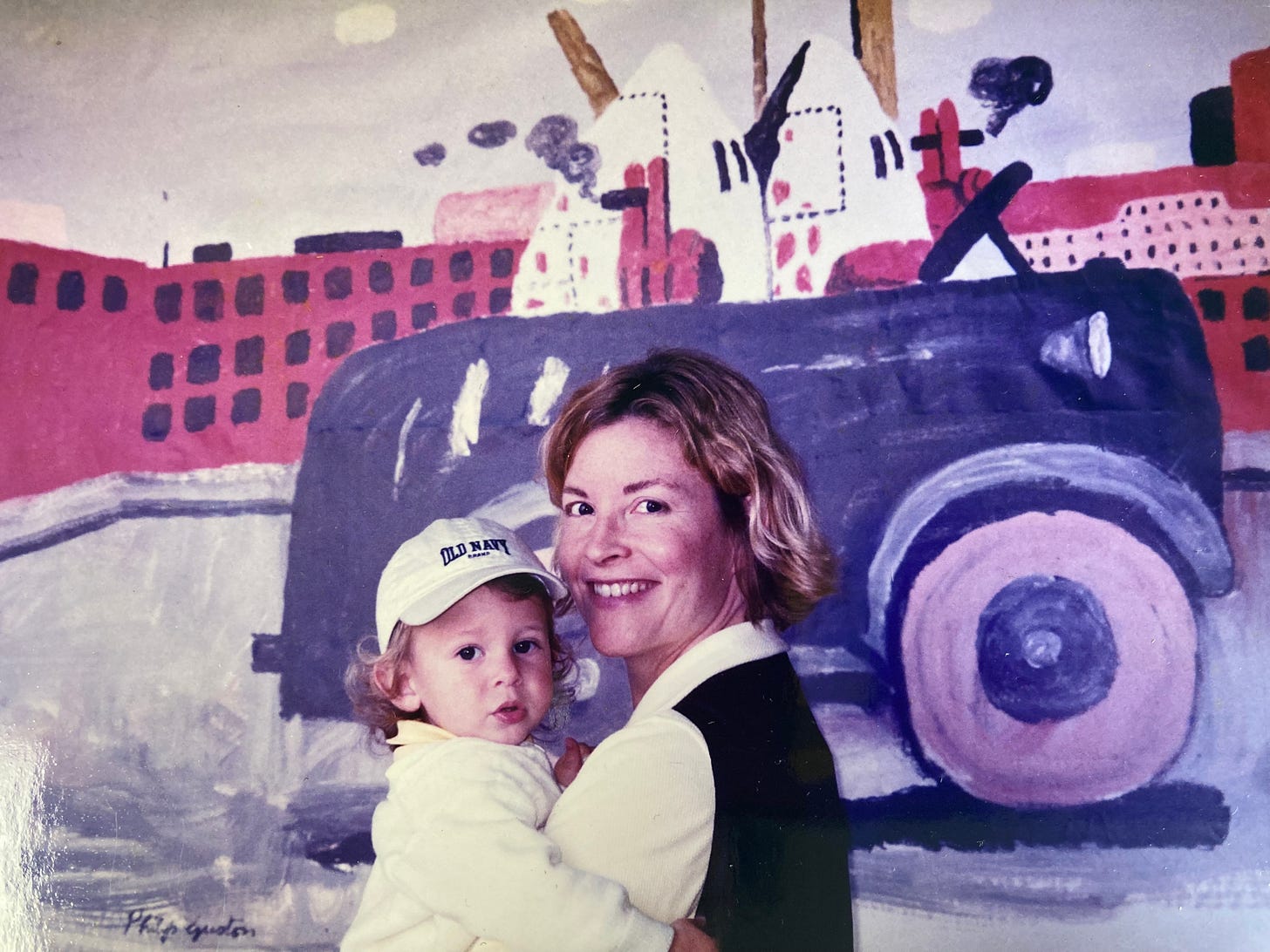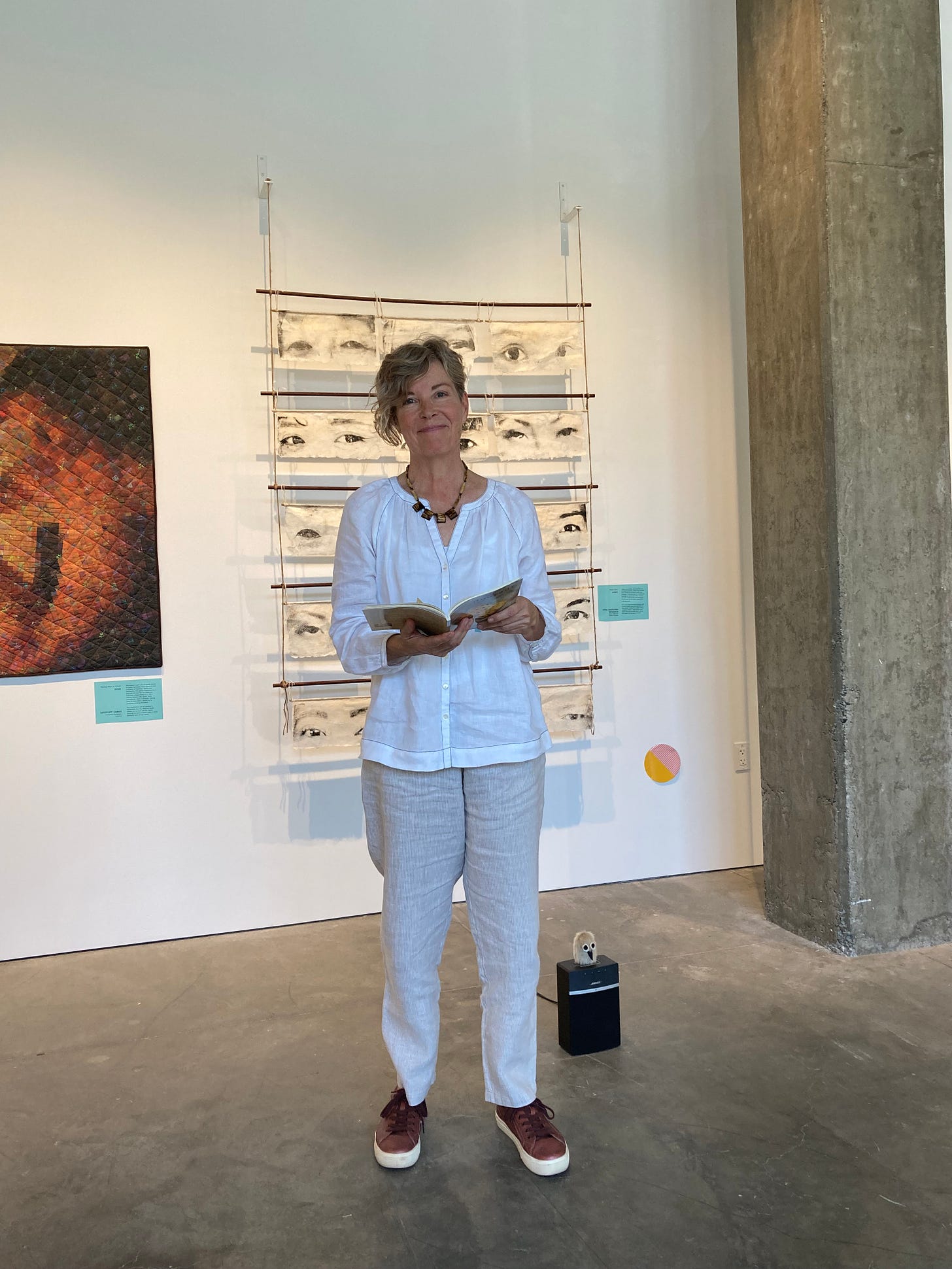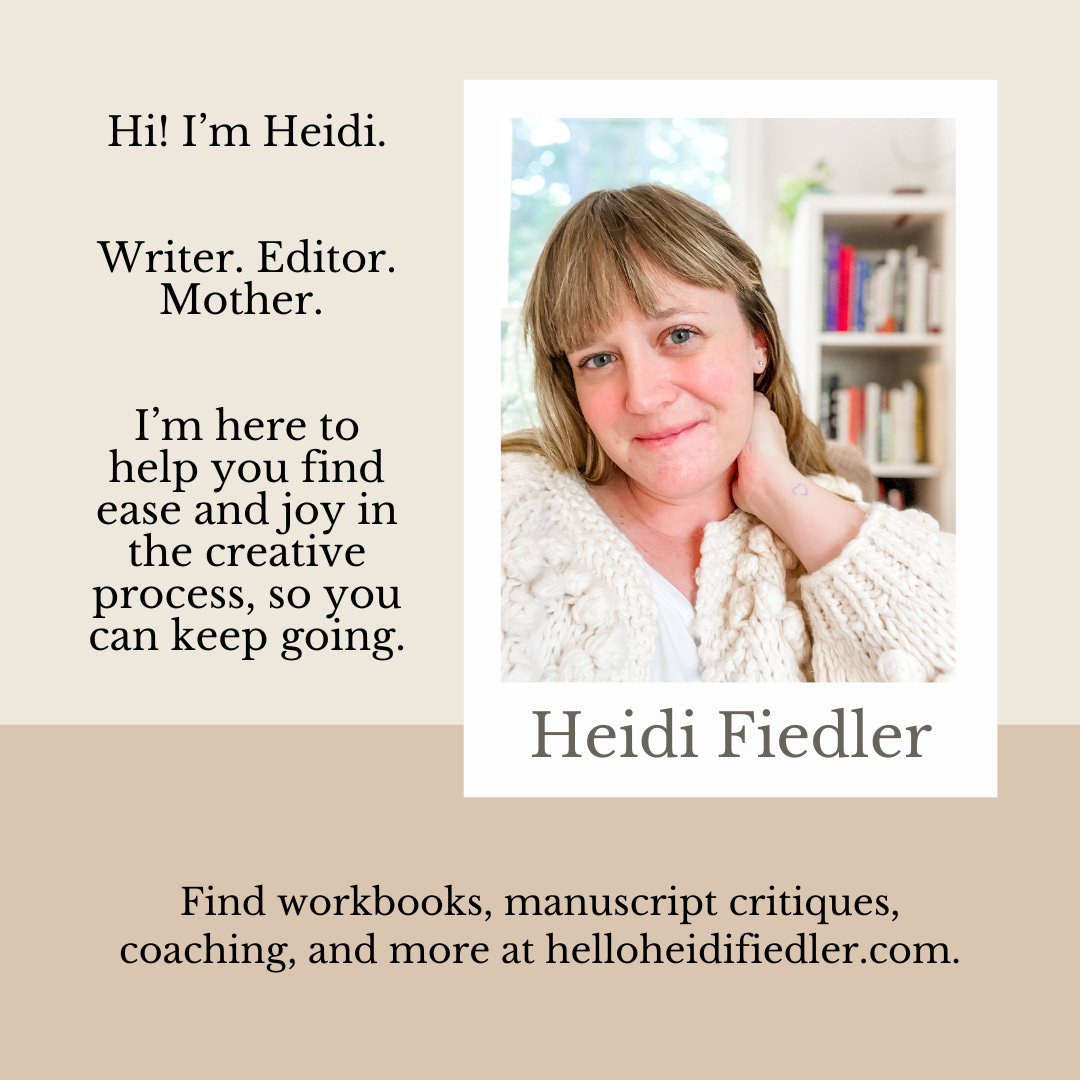What do you hope your kids will learn about creativity from you?
I have many hopes in this area! I’ll share just one, but it’s a big one.
I hope that my son has a sense of himself as a creative, active thinker and as someone who feels deeply. We know that to be human is to experience a range of situations and emotions, some exquisitely beautiful, others confounding, still other painful. We are inundated with images of suffering in our world. A great danger is that one will become numb to the joys of this life and to the tragedies. Allowing generative and genuine responses in ourselves, and sometimes finding ways to act on what we believe can come into existence—imagining and feeling and sometimes making what is life-affirming—this is a daily challenge for us humans. I hope that my son sees that creative action is a way of valuing people—including one’s self—and our shared planet.
Recently, I read a haiku by Yoshino Yoshiko which spoke to me of how we change and grow in the face of calamity or new knowledge: “as if mending / socks, I repair my mind / and live on.” Here, a simple task informs a tremendous shift in perspective. And life continues.
What’s your favorite super easy creative practice to do when you’re looking for fresh ideas?
As some of my past students of creative writing have heard me say, I make use of occasional mis-hearings and mis-readings. I understand them as generative—playful, potentially rich. I jot them down soon after I experience them, for use any time. These tiny textual and aural surprises ignite my imagination, letting me re-consider a world I thought I knew.
Here’s what I mean by a mis-reading: Near to a highway in San Jose is a lovely stone church. When I pass by this spot just before taking the on-ramp, I glance at the building and sign in front of it, which appears to read “Holy Reindeer Church.” I love that idea! I imagine the beautiful, thick fur of those creatures of cold environments, their strength, the lore around them. I like the thought of them gathering together in this urban spot. Actually, I the sign reads “Holy Redeemer Church.” Still, that initial mis-reading sparked a fresh scene and brought some humor along for the ride, too.
Sometimes, a friend will share a mis-reading or mis-hearing with me, knowing how much I enjoy them and sometimes use one as a starting point. For example, a friend from Jamaica told me about a radio show she used to listen to in her childhood. The show was broadcast from a U.S. city and state she heard as “Many Apples, Many Sodas.” Wow! What a terrific and contrastive image of abundance! Can you guess what city and state this is? Say it aloud yourself.
How did motherhood change your creative practice?
For a time, my voice on the page was left behind. My voice in the air, often alongside my son’s, was my creative practice.
I sang all the time. I’ve always loved music—folk songs, pop, opera, ska, classical, jazz, rock—mostly to listen to and to dance to. I sang to the baby to soothe him, to the toddler while playing with him, and with the young child as we strolled the neighborhood, enjoying the sunshine, wind, and rain. I sang to my son to love him.
I sang simple ditties, fragments of verses that I recalled my own mother and father singing. I sang the songs the kids sang as part of the music program at my son’s elementary school (At Halloween, “Fly, Fly, Witchy, Witchy, Fly!”); songs I’d sung to my now-grown nephews and nieces (“I have a silly sister. Her name is Sally Sue. I put her in the bathtub and she didn’t know what to do . . . “); tunes from my own childhood fourth grade music class (“My home’s in Montana, I wear a bandana . . .”); songs from trickster tales I’d learned in Jamaica (“Sen down de rope, Nana.”). I sang folk songs and Christmas carols to my son at night, to ease him into sleep; the “New King” song, as he deemed it, was a favorite (“Hark the Herald Angels Sing”). As we played, he made up songs or matched his version to a melody he knew. Together, we made songs, each adding rhyming verses or just whatever came into our heads or within view.
Decades have passed and I have become again someone who mostly listens to music. I see now that the intense years of singing were connected to the intense experience of the physical body. I have never felt so much an animal—one of a species—as I did during pregnancy, giving birth, recovering from birth, breastfeeding, and mothering those first several years. But that’s not all. I felt joyful so much of the time (which helped to mitigate the bone-tired days of raising a child). The sheer physicality of being in the world intensified when I became a biological mother, that’s true. What’s also true: Singing linked so much: my son, me, our daily life, imagination, joy.
When I did get words to the page in those first few years of my son’s life, I wrote in twenty minute bursts from an existing writing prompt, maybe once or twice a week. I hoped that, eventually, these small segments would be something I could return to, to revise into poems or short prose pieces. That did turn out to be the case, and I credit a writing friend, also a mom, with giving me a journal—I can still see the blue patterned cover—soon after I gave birth, to encourage me to keep my practice going by making small entries when I could. I credit my husband who reminded me, on the days when I felt so far away from my practice as a writer because I couldn’t get much of anything finished, or even started, sometimes, that I still had a poet’s eye, and that I was actively seeing and hearing and imagining in the world as a poet all the time.
Rebekah Bloyd’s creative non-fiction, translations, and poems have appeared in Harper’s, Poetry, The Cincinnati Review, Catamaran, and elsewhere. Her recent poetry collection is Buoyant. She teaches writing and literature courses with an ecological focus at California College of the Arts in San Francisco.
Rebekah makes her home in San José, California, and is the mother of one son, aged 22. You’ll find more of her work at rebekahbloyd.org.
If you enjoyed this post, please 💛 it so others can find it or share it with your favorite creative mothers.
PS—The fastest way to grow as a writer is to book a manuscript critique or a creative coaching session with an expert.
My clients get agents, sell books, and win awards. They also learn how to find ease and joy in the creative process, so they can keep going when life gets hard.









this is so beautifully said: creative action is a way of valuing people—including one’s self—and our shared planet.
This was lovely.